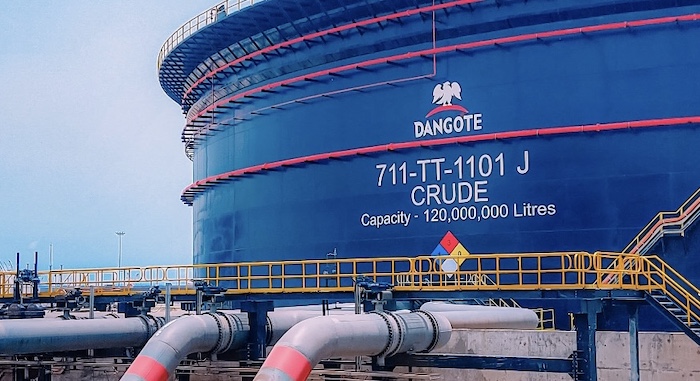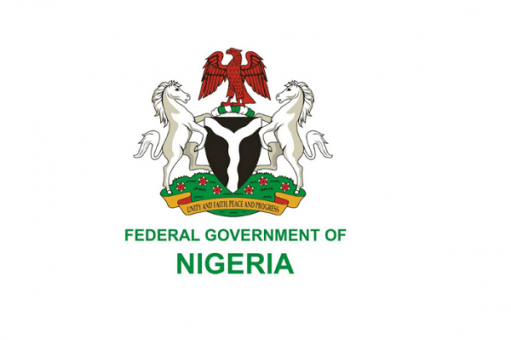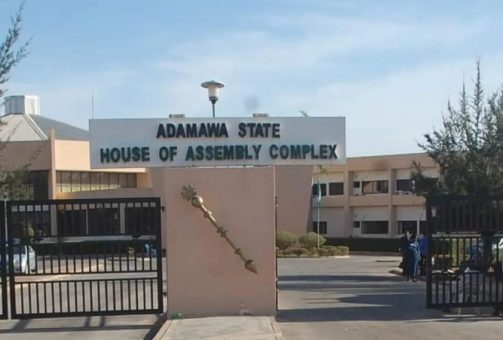
The pump price of Automotive Gas Oil (diesel) has experienced a significant decline across Nigeria following the commencement of diesel sales by the Dangote Petroleum Refinery. The refinery, valued at $20 billion, initiated the distribution of diesel to registered oil marketers, offering a minimum of one million litres per marketer at prices ranging from N1,225 to N1,300 per litre.
The reduction in diesel prices marks a considerable shift from the previous rates of approximately N1,700 per litre observed a few weeks ago. This development is expected to alleviate the financial burden on consumers, as reflected in the current prices ranging from N1,350 to N1,450 per litre in various regions of the country.
Moreover, the Dangote refinery is poised to further impact the market dynamics with the impending release of Premium Motor Spirit (petrol) slated for May. Anticipation for this release is high among stakeholders, given the refinery’s capacity and potential to influence pricing and supply patterns in the petroleum sector.
Despite encountering regulatory hurdles in its journey to release refined products into the market, the refinery’s recent strides signify progress towards fulfilling its operational objectives. This includes its earlier announcement of commencing diesel production in January, with subsequent plans for aviation fuel (Jet A1).
As the largest refinery in Africa, Dangote’s operations hold significant implications for Nigeria’s energy landscape, positioning the country as a potential exporter of fuel to neighboring West African nations. The refinery’s recent export tenders, coupled with domestic sales initiatives, underscore its pivotal role in reshaping regional fuel dynamics.
While challenges persist, including ongoing negotiations with regulatory bodies and supply chain logistics, the refinery’s impact on diesel pricing and availability is already palpable. With expectations high for further reductions in diesel prices and the imminent introduction of petrol into the market, stakeholders are poised for continued developments in Nigeria’s petroleum industry.








